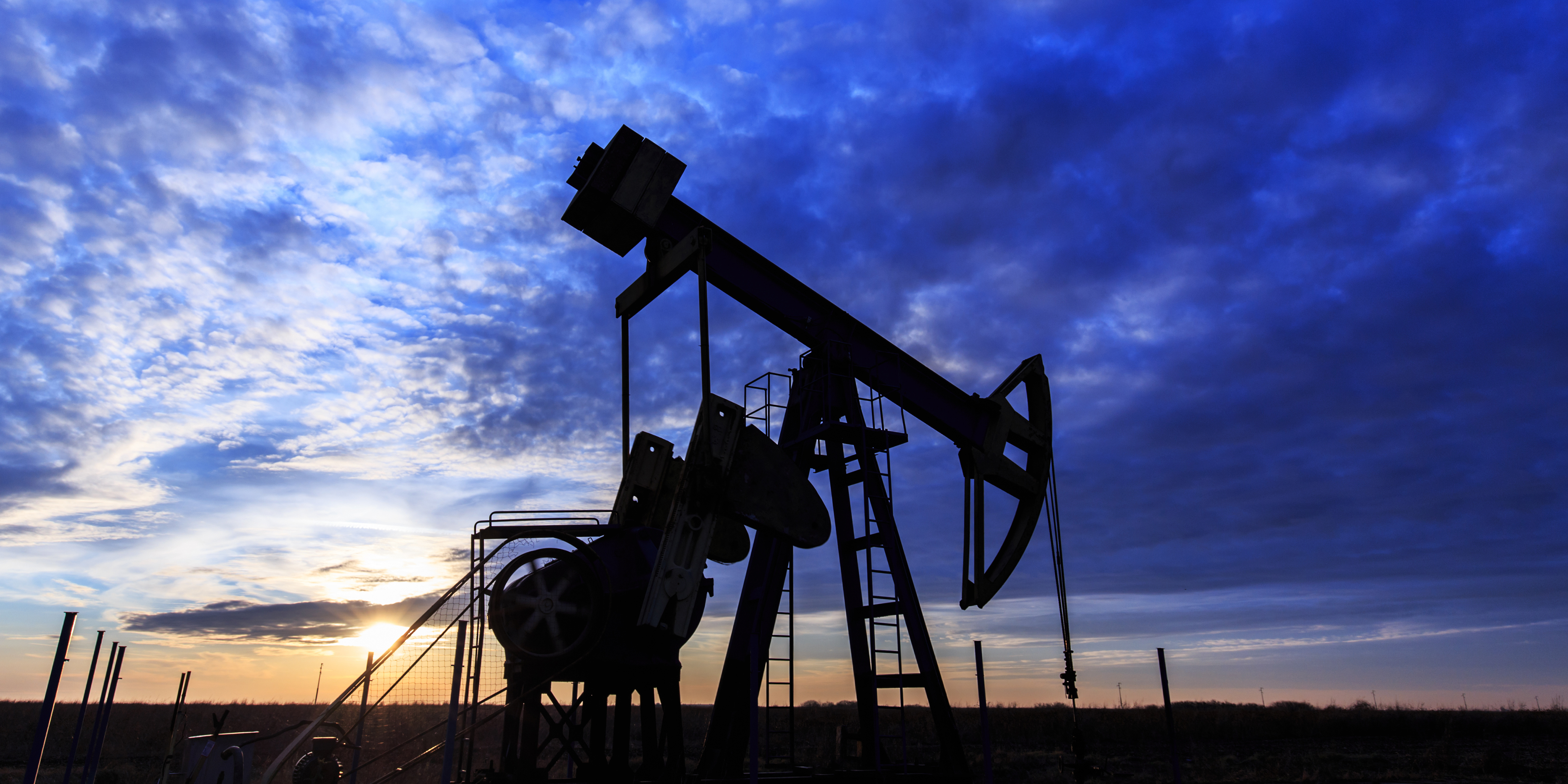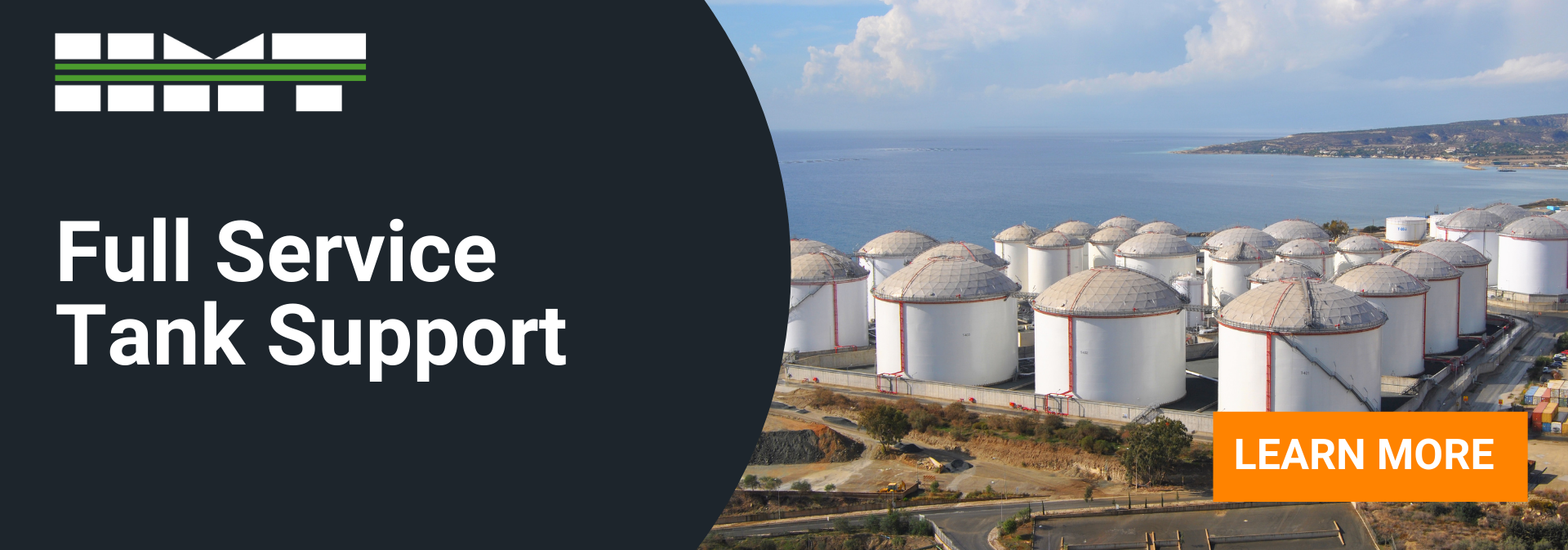A study claims that conventional oil and gas production methods can have a greater impact on groundwater than fracking.
“If we want to look at the environmental impacts of oil and gas production, we should look at the impacts of all oil and gas production activities, not just hydraulic fracturing,” said Jennifer McIntosh, a University of Arizona professor of hydrology and atmospheric sciences.

She added: “The amount of water injected and produced for conventional oil and gas production exceeds that associated with fracking and unconventional oil and gas production by well over a factor of 10.”
A team looked at how much water was being injected underground by petroleum industry activities, how those activities change pressures and water movement, and how those practices could contaminate groundwater supplies.
“There’s a critical need for long-term (years to decades) monitoring for potential contamination of drinking water resources, not only from fracking, but also from conventional oil and gas production,” McIntosh said. “What was surprising was the amount of water that’s being produced and re-injected by conventional oil and gas production compared to hydraulic fracturing.
“In most of the locations we looked at – California was the exception – there is more water now in the subsurface than before. There’s a net gain of saline water.”
For more information visit www.arizona.edu
Do you have any news articles you would like to submit? Please contact Tracey Sansom: tracey@tankstoragenewsamerica.com















